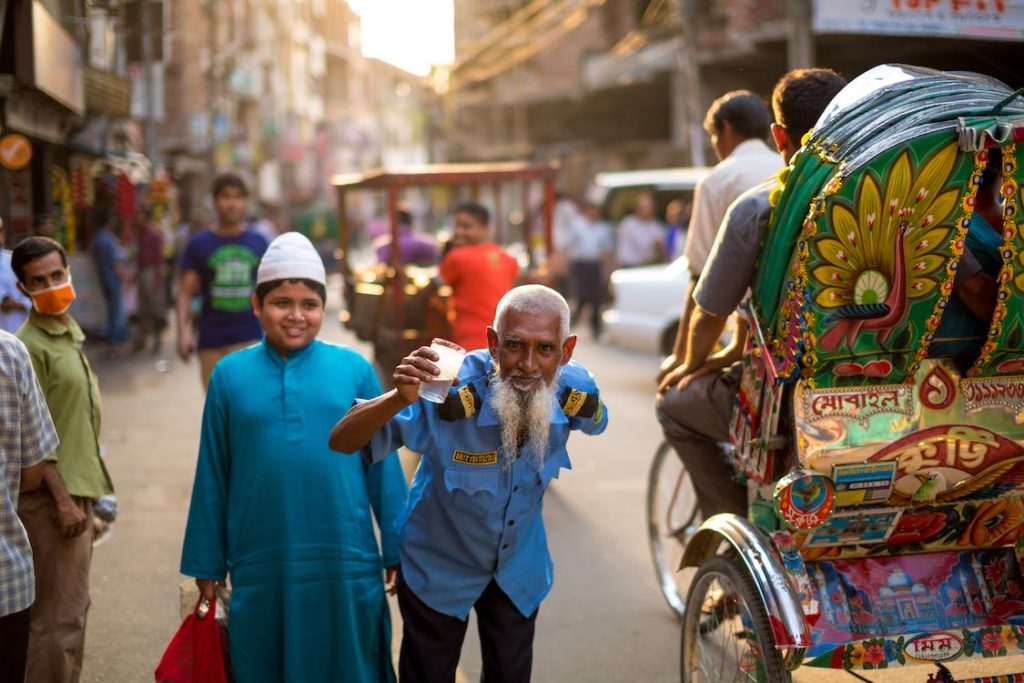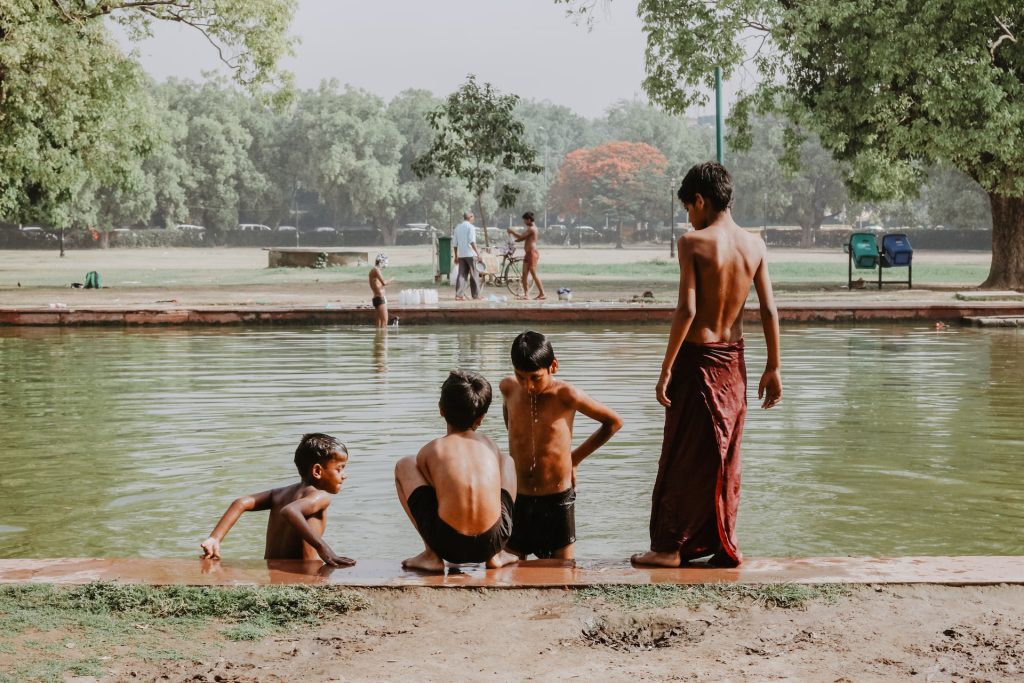Bangladesh is a South Asian country located in the world’s largest river delta. Ironically, it is plagued with a severe drinking water crisis. Despite being crisscrossed by hundreds of rivers, the nation faces an uphill battle to secure safe and clean drinking water for its people.
This article aims to shed light on the current state of drinking water in Bangladesh and the significance of UN SDG #6 on the country’s fight. We will also look at the role of the global community in ensuring Bangladesh has access to clean water.
The Current State of Drinking Water in Bangladesh
Bangladesh’s drinking water crisis is primarily characterized by two core issues: contamination and scarcity. The country’s groundwater resources serve as the primary source of drinking water. However, this surface water is contaminated with arsenic and even fecal pollution.
According to the World Health Organization, around 35-77 million people in Bangladesh have been exposed to arsenic poisoning. This led to severe health problems.
This contaminated water exceeds the maximum permissible limit recommended for drinking water. Many also rely on tube wells for water access.
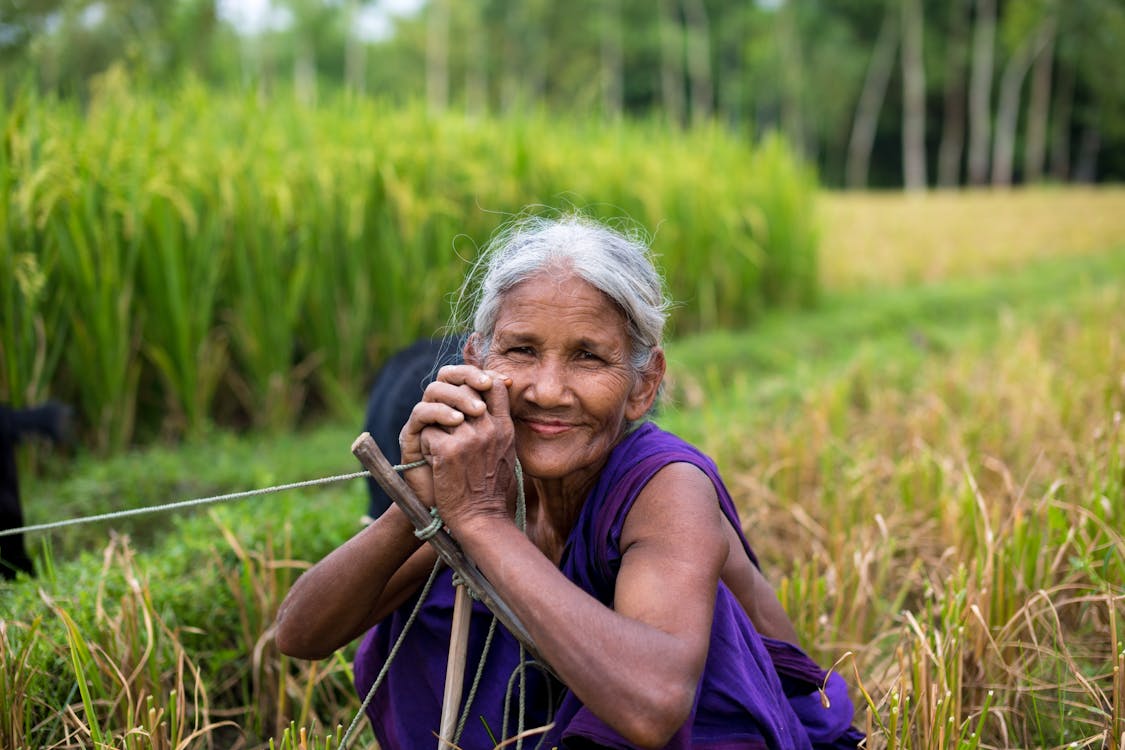
Moreover, rapid urbanization and climate change have exacerbated water scarcity. Rising sea levels and frequent floods have led to saline intrusion into freshwater sources, rendering them unfit for consumption. In urban areas, inadequate infrastructure and population growth have strained the existing water supply systems.
The Aim of UN SDG #6: Clean Water and Sanitation
The United Nations Sustainable Development Goal (SDG) #6 is built for this. It aims to “ensure availability and sustainable management of water and sanitation for all.”
It emphasizes the importance of clean water and sanitation as prerequisites. Specifically, it is crucial for:
- Poverty reduction
- Economic growth
- Environmental sustainability
For Bangladesh, achieving SDG #6 means overcoming the twin challenges of water contamination and scarcity.
The Role of the Global Community
The global community plays a crucial role in helping Bangladesh achieve SDG #6. International organizations and foreign governments can provide:
- Financial aid
- Technical assistance
- Policy advice
They can also facilitate knowledge sharing and technology transfer to enhance Bangladesh’s capacity to manage its water resources effectively. The World Bank, for one, can lead funding initiatives.
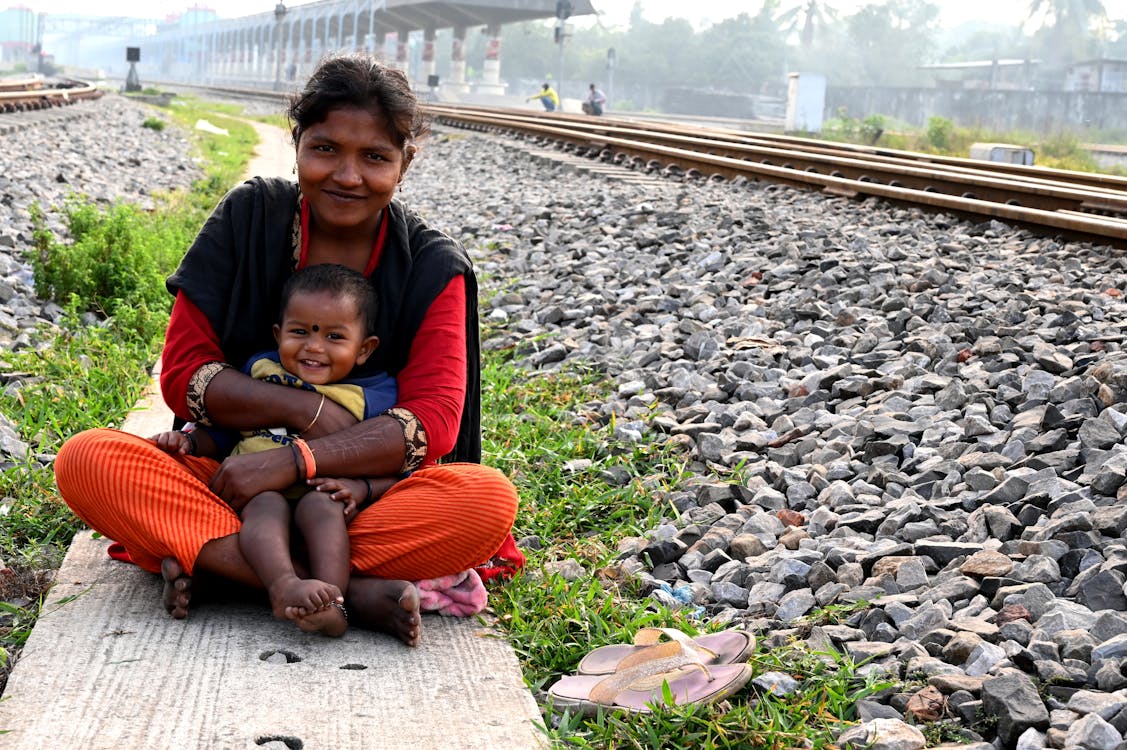
Non-governmental organizations (NGOs) and private sector companies are also vital. B-Corporations, in particular, can make a difference in this uphill battle. B-Corps are businesses that meet the highest standards of social and environmental performance, public transparency, and legal accountability to balance profit and purpose.
It’s vital to acknowledge that the global community is one in this fight. After all, the scarcity of water supply and the problems in water quality are not limited to South Asia. Even other places, such as the Middle East, suffer from water-related problems. This region drops less and less groundwater annually.
A Comprehensive Approach to Ensuring Clean Water Access in Bangladesh
The journey to ensure access to clean water in Bangladesh is challenging. But it’s a path we must tread with determination and resilience. Every step taken is not merely an action, but a lifeline extended towards millions of people in desperate need. Here, we delve into the key steps that can make this dream a reality.
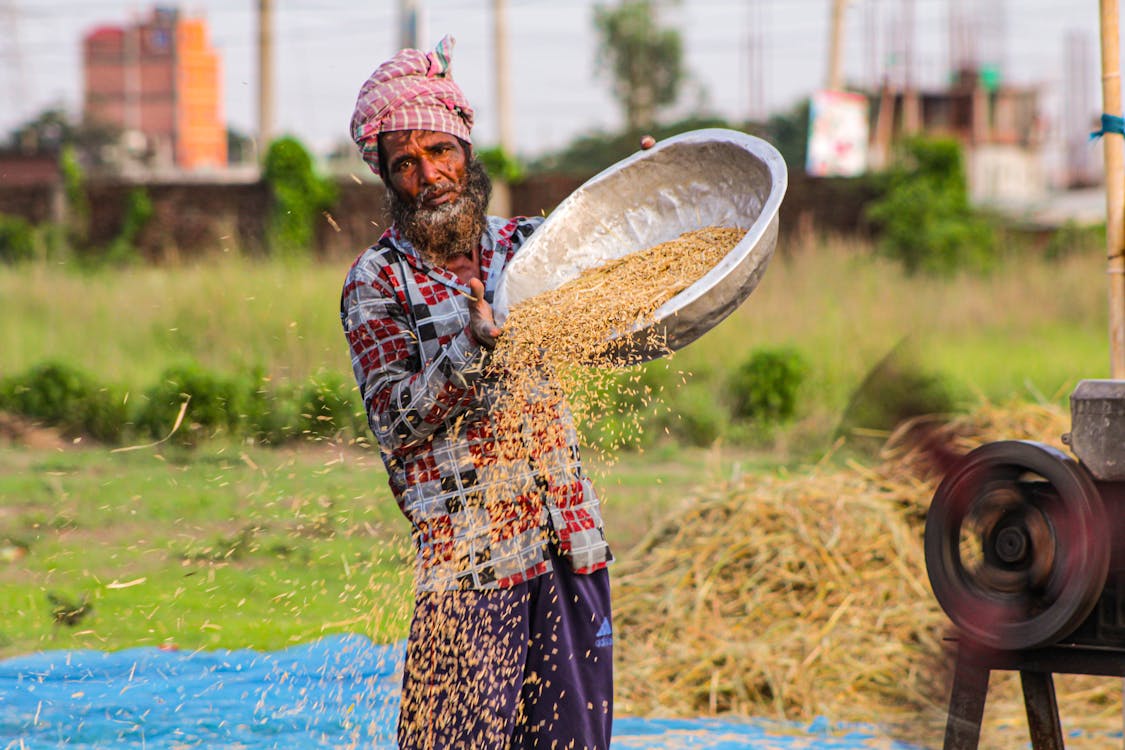
Investing in Water Infrastructure
Firstly, we must prioritize substantial investments in water infrastructure. This includes building an advanced water treatment plant capable of filtering out contaminants like arsenic. It also involves constructing robust distribution networks that ensure water reaches every household, no matter how remote. It’s about bringing the miracle of safe, clean water right to the doorsteps of those who need it most.
Rainwater harvesting systems, for one, can do so much for the country. These infrastructure can purify water quality and produce fresh water for residents. But a systemic review and health risk assessment must be present.
But it’s not just about creating physical structures. It’s about creating hope. Each new facility represents a beacon of hope for communities long plagued by water-related diseases. Each new pipeline is a promise of a healthier future for children who’ve known nothing but the bitter taste of contaminated water.
Championing Water Conservation
Secondly, there’s a pressing need to champion water conservation and efficient use. This is especially true within the agricultural sector, the largest consumer of water in Bangladesh. This isn’t just about introducing water-saving technologies like drip irrigation. It’s about safeguarding livelihoods.
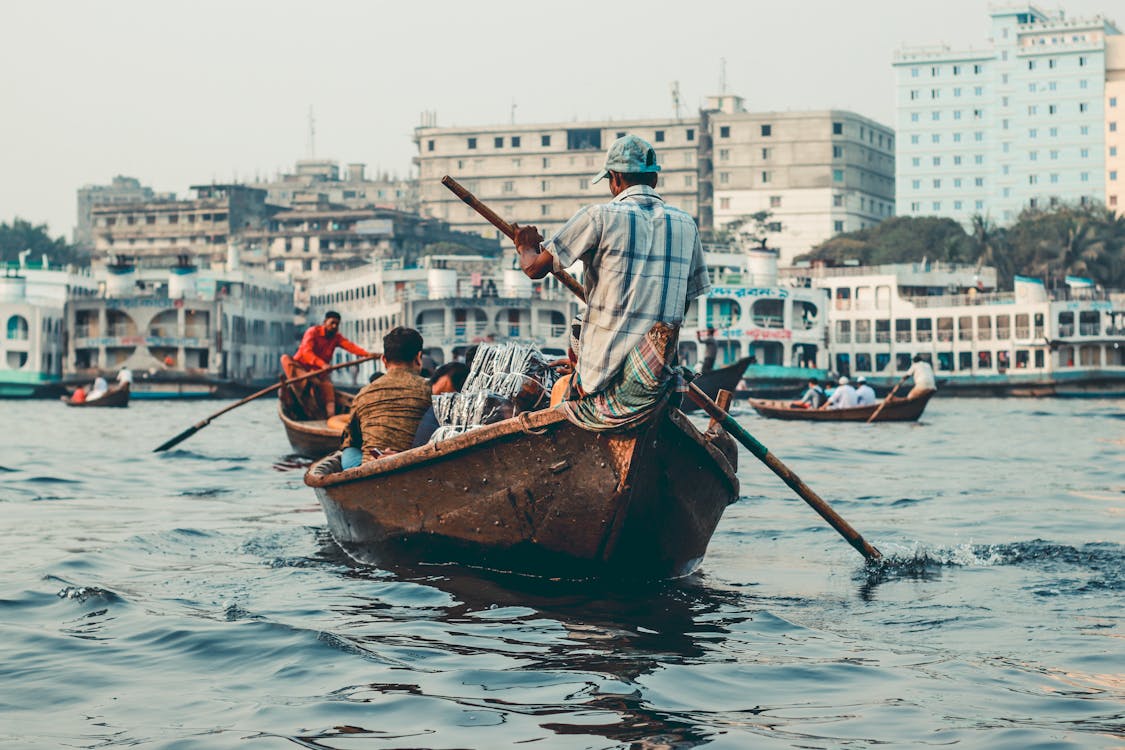
It’s about ensuring that farmers, the backbone of Bangladesh’s economy, can continue to till their lands and feed their families without depleting precious water resources.
What do we mean when we talk about water conservation? We’re talking about preserving a way of life for future generations. We’re talking about creating a world where children can grow up free from the fear of water scarcity. We want a future where they can dream of a future that’s not limited by the availability of clean water.
Bolstering Bangladesh’s Governance for Water Management
Thirdly, it’s crucial to bolster governance and regulatory frameworks for water management. This involves enforcing stringent regulations to prevent industrial pollution and managing groundwater extraction to avert over-exploitation.
But more than that, it’s about establishing justice. It’s about saying ‘no’ to practices that endanger public health. It means saying ‘yes’ to a system that values every citizen’s right to clean water.
Local authorities must stand front and center in these efforts to eradicate water pollution.
Amplifying Public Awareness
Finally, we must amplify our efforts in public awareness campaigns. Education is powerful in our fight against water contamination. We must teach people about the dangers of consuming contaminated water. We also need to share the importance of using safe water sources and practicing good hygiene.
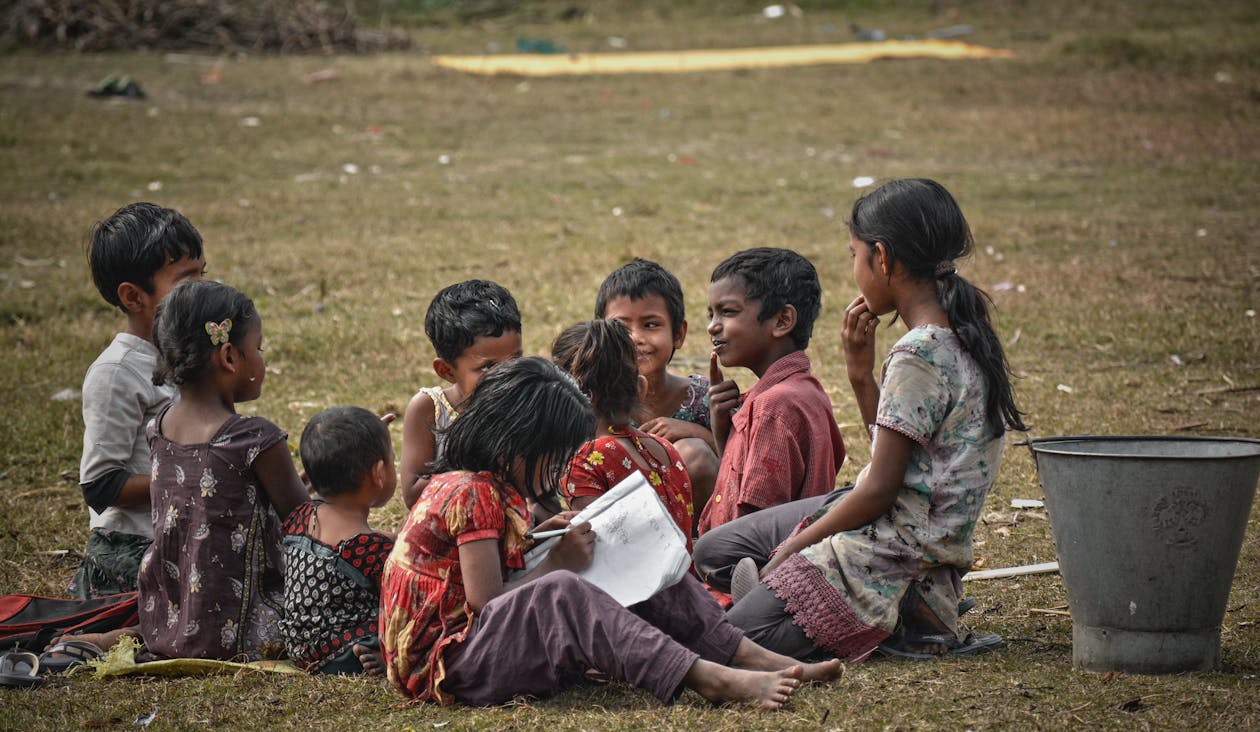
Doing so, we’re empowering them to make informed decisions about their health. We’re giving them the knowledge to protect themselves and their loved ones.
In essence, each of these steps is more than a measure; they are messages of compassion, care, and commitment to the people of Bangladesh. The road ahead may be long and fraught with challenges. However, the destination—a Bangladesh where everyone has access to clean drinking water—makes every step worth it.
SOURCE Global, PBC: Leading the Charge for Clean Water Access
A leading light among B Corporations in the fight for clean water access is SOURCE Global, PBC. This trailblazing company combines innovative technology with a deep commitment to social responsibility to address the pressing issue of water scarcity.
SOURCE Global, PBC has revolutionized the provision of clean water through their pioneering Hydropanel technology. These Hydropanels are powered by solar energy. They extract water vapor from the air and convert it into clean, drinkable water. This remarkable innovation can produce high-quality drinking water even in arid environments, making it a game-changer for regions grappling with water scarcity.
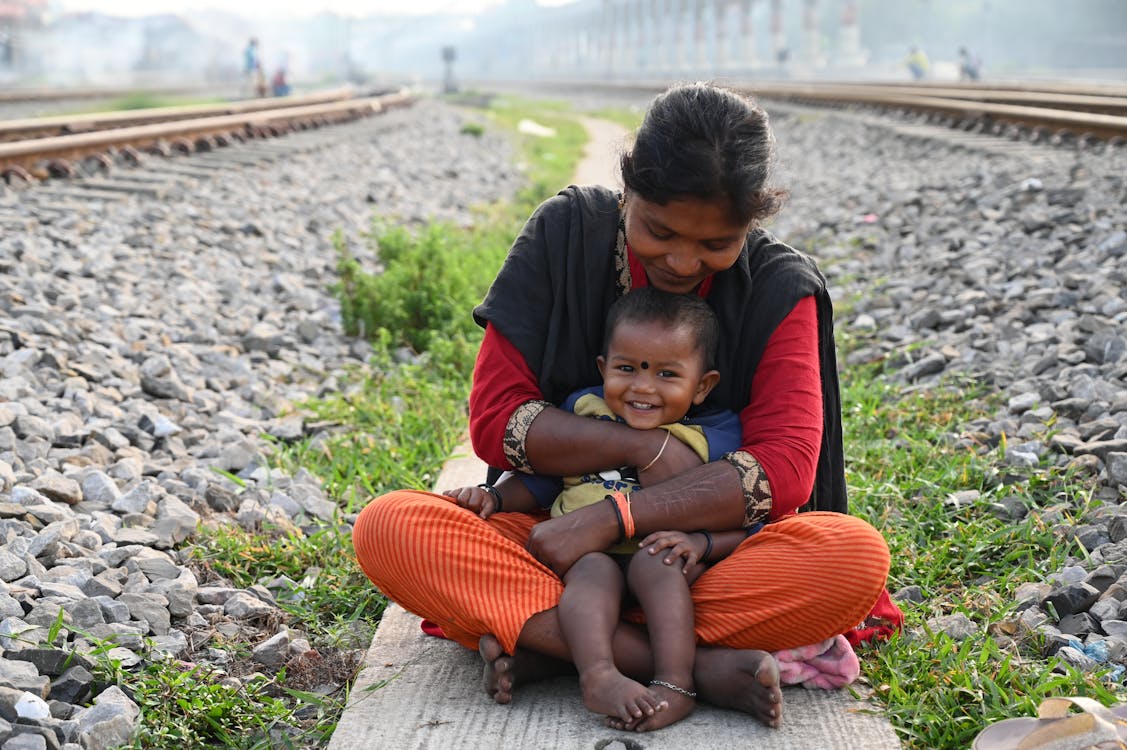
But SOURCE Global’s mission extends beyond technological innovation. As a certified B Corporation, they are committed to meeting the highest standards of social and environmental performance, transparency, and accountability. They view their business not just as a means to generate profit. They also see it as a platform to bring about positive change.
To Wrap Up
In conclusion, the challenge facing Bangladesh is indeed daunting, but it is far from insurmountable. The vision of a nation where every citizen has access to clean, safe drinking water is not merely an aspiration; it is a goal within reach, one that demands our collective effort, resolve, and compassion.
The government, international community, NGOs, and private sector all have vital roles to play in this mission. Each stakeholder brings unique strengths and resources to the table, and it is through their combined efforts that we can hope to effect meaningful change.
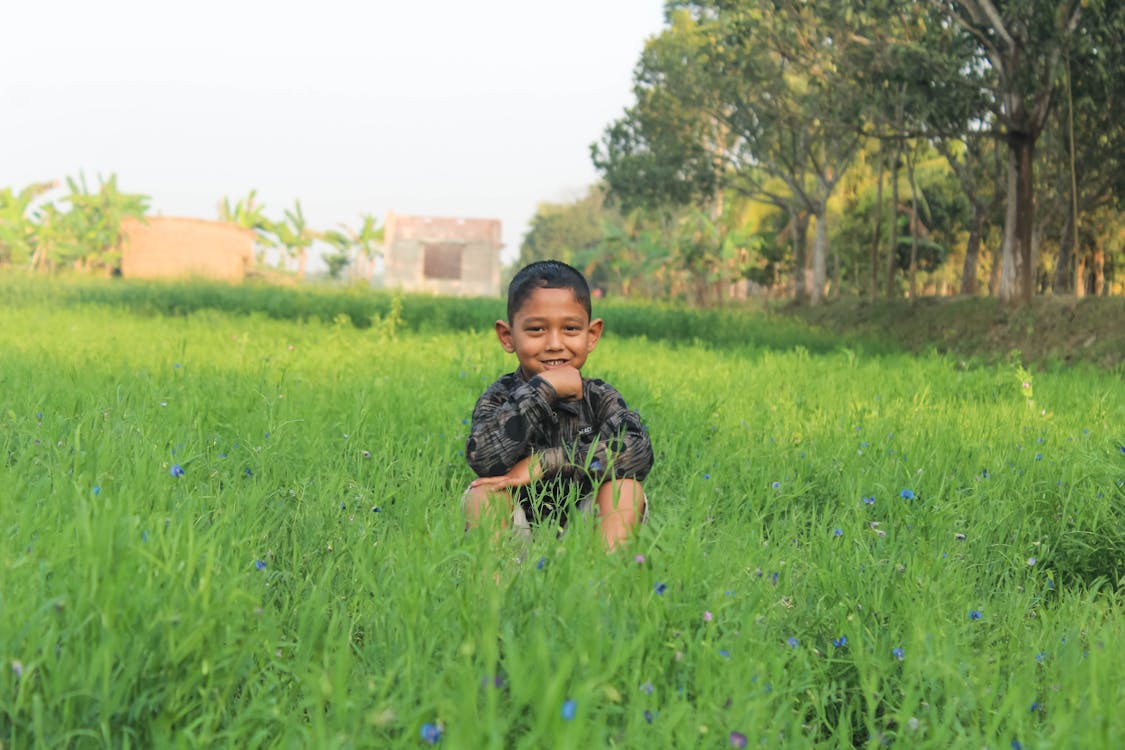
Let’s not forget the people of Bangladesh themselves, who continue to show remarkable resilience in the face of adversity. Their strength serves as a poignant reminder of why this work is so important. Every step taken towards clean water access is a step towards safeguarding their health, their livelihoods, and their futures.
